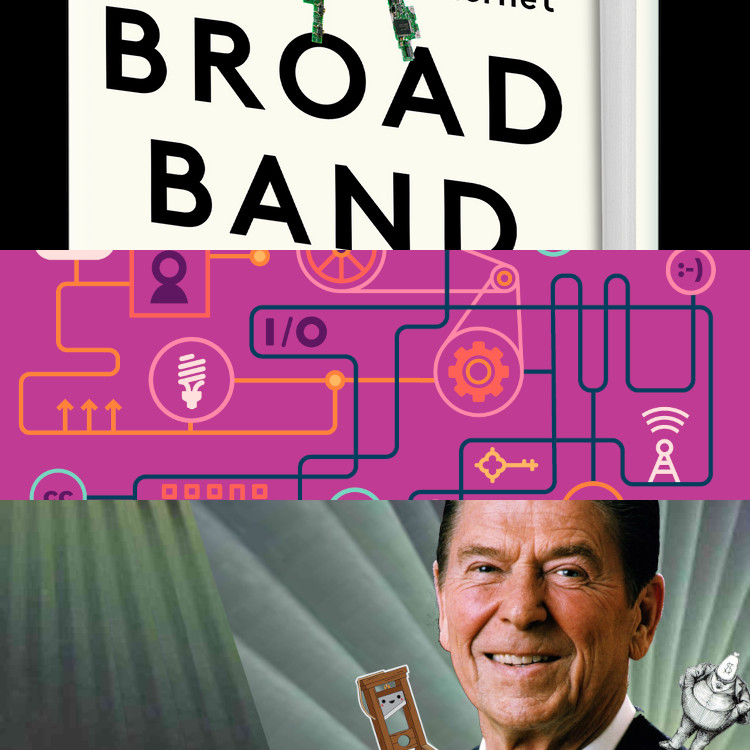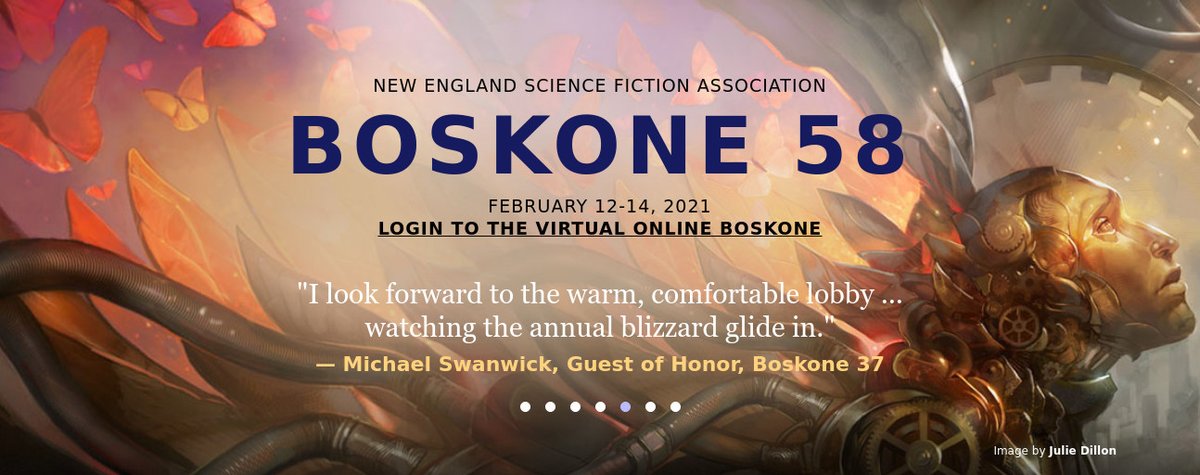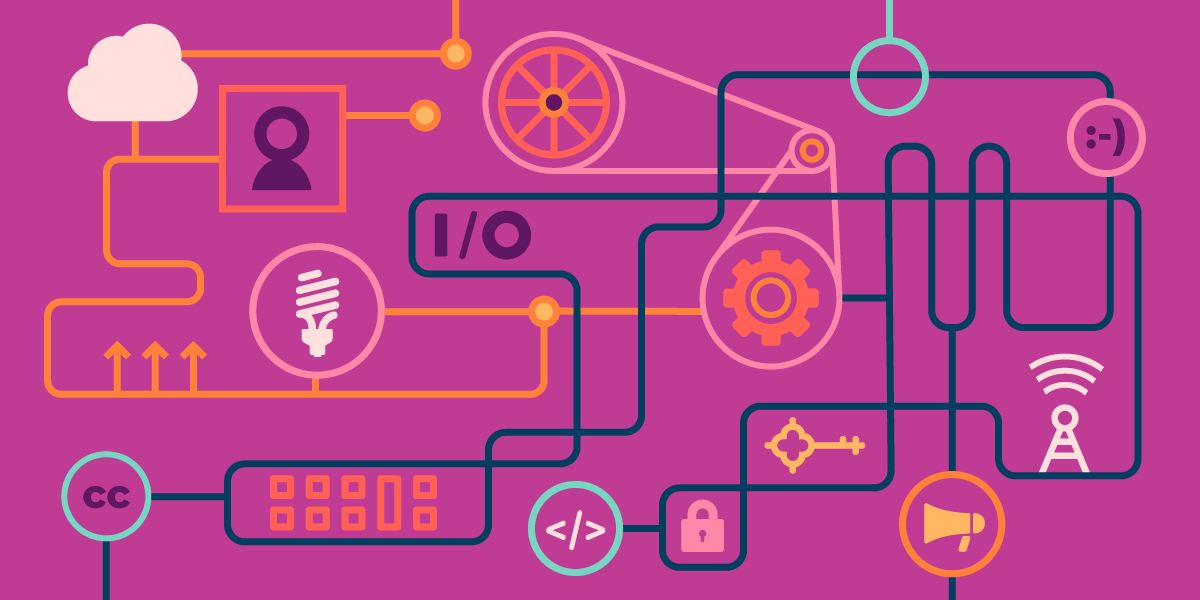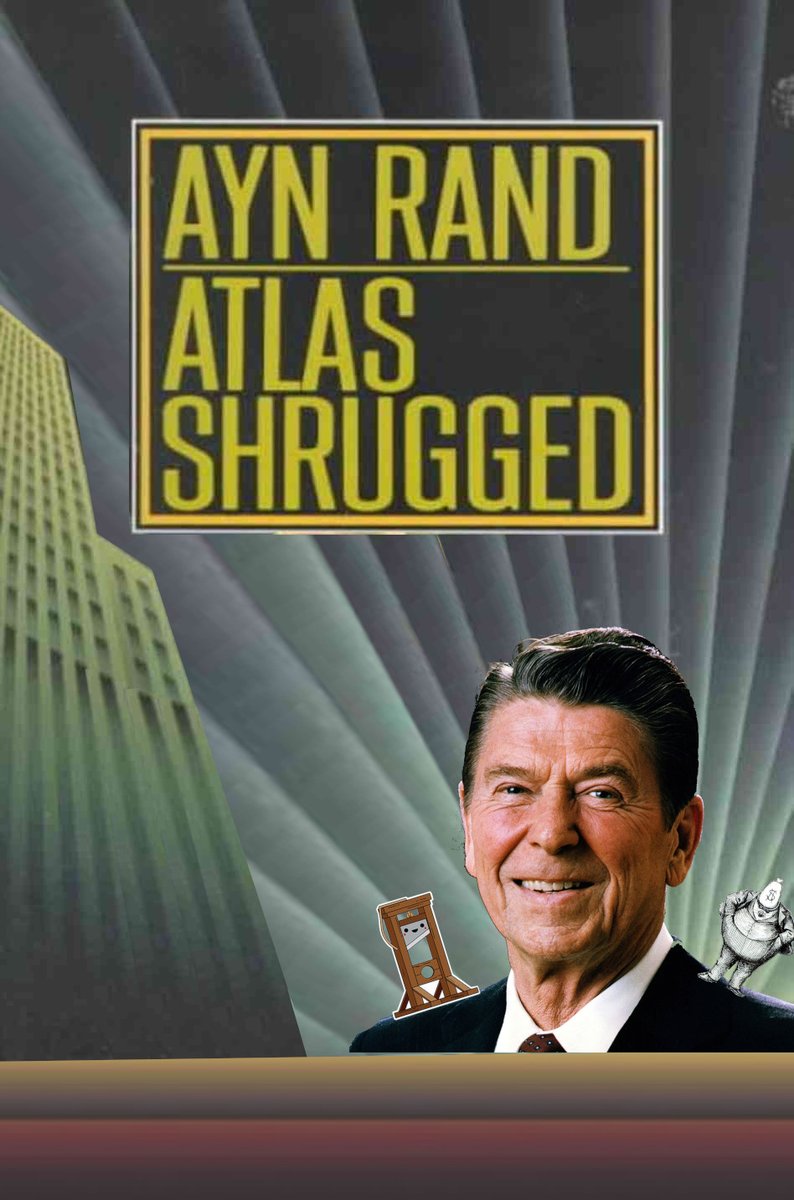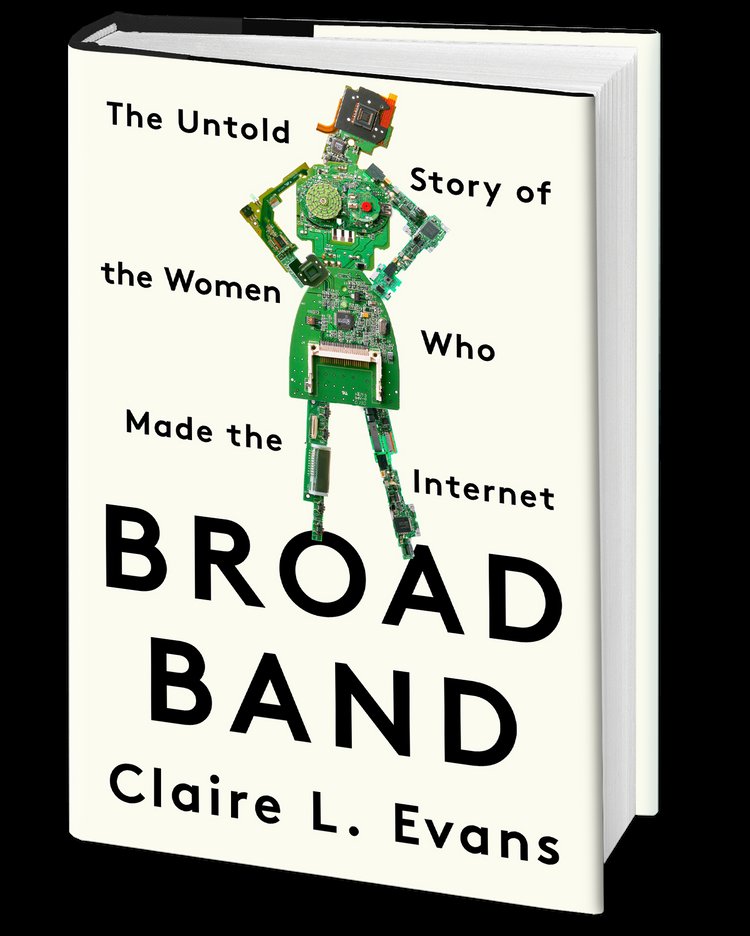
Republican North Dakota legislators have introduced #SB2333, a bill that prohibits large tech companies from locking their users into a single app store or payment processor.
legis.nd.gov/assembly/67-20…
1/
legis.nd.gov/assembly/67-20…
1/
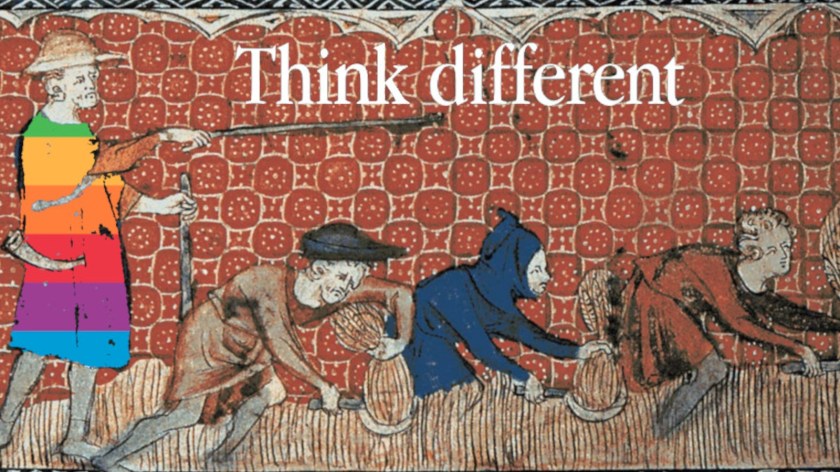
While his has implications for Android and other large tech platforms, its most immediate and far-reaching effects with be on Apple, whose Ios platform uses lock-in to monopolize both apps and payments (and another domain, not mentioned in the bill: repairs).
2/
2/
Predictably, this has thrown Apple into a fury, with Apple's privacy chief @erikn telling the SD legislature that Apple uses its monopoly over the app store to protect its users' privacy and security.
macrumors.com/2021/02/10/app…
3/
macrumors.com/2021/02/10/app…
3/
Neuenschwander makes a good, but incomplete, point. To the extent that Apple has the same interests as its users, it uses its app store monopoly to lock out bad apps (to the best of its ability).
4/
4/
But when Apple's interests diverge from its users' interests, the prohibition on sideloading apps actively harms those users' privacy and security. Think of how Apple caved to Chinese state demands to remove working VPNs from the Ios app store to facilitate mass surveillance.
5/
5/
This security model - surrendering your autonomy to a large company in exchange for promises of protection - is what Bruce Schneier calls "feudal security," though it should really be thought of as "manorial security."
locusmag.com/2021/01/cory-d…
6/
locusmag.com/2021/01/cory-d…
6/
In manorial security, a small elite of mercantalist warlords get all the property rights - the right to decide how the infrastructure is used - and the rest of us get tenants' rights, the right to make limited use of the warlords' property.
7/
7/
The warlords promise to defend us from bandits and build high walls to keep the bandits out, but if someone suborns the warlord to acting against us, those walls lock us IN, leaving us helpless.
8/
8/
Indeed, the walls aren't just a protection, they're a temptation: anyone who coerces or bribes a warlord into letting them inside the compound enjoys a smorgasbord of defenseless prey - the walled garden becomes a feedlot.
9/
9/
Which is why Neuenschwander is more wrong than right: Apple keeps out the bad apps it finds, except when a powerful state makes it an offer it can't refuse.
The fact that users are held prisoner to those judgments is an invitation to states to make demands of Apple.
10/
The fact that users are held prisoner to those judgments is an invitation to states to make demands of Apple.
10/
Which suggests a corollary: if Apple's users COULD sideload apps that subverted harmful government orders, then those orders would be less effective - and governments would be less tempted to make them in the first place, and if they did anyway, users would have an out.
11/
11/
I don't know enough about North Dakota state politics to weigh the bill's chances, but if it passes, it creates some fascinating possibilities. ND is one of America's fiber optic powerhouses, with much higher gigabit penetration than other states.
12/
12/
If moving your company to ND means that you get to retain 30% more of your income - because you're no longer paying the app store tax - AND you get to save money on real-estate AND all your employees get fiber, well, that's pretty attractive.
13/
13/
To get a sense of what this could mean, check out the testimony of @Basecamp CTO @DHH in support of the bill, describing how Apple shook down his company for 30% of the revenues for @heyhey, its innovative email reader.
m.signalvnoise.com/testimony-befo…
14/
m.signalvnoise.com/testimony-befo…
14/
"North Dakota has the opportunity to create this level playing field, such that the next generation of software companies can be started there.
15/
15/
"If a team in Bismarck builds a better digital mouse trap, they won’t be hampered by abusive, extortive demands for 30% of their revenue from the existing big tech giants."
16/
16/
As Heinemeier Hansson points out, the bill is very short - 17 lines, plus some recitals - and it's well-crafted...for the most part. One thing jumps out though:
> 4. This section does not apply to a proprietor of a special-purpose digital application distribution platform.
17/
> 4. This section does not apply to a proprietor of a special-purpose digital application distribution platform.
17/
What's a "special-purpose digital application distribution platform?"
It's "a gaming console, music player, and other special-purpose devices connected to the internet."
18/
It's "a gaming console, music player, and other special-purpose devices connected to the internet."
18/
That is a seriously weird carve-out. Consoles INVENTED the app store business model, and they use it aggressively today to screw games studios and gamers. Exempting them from this is like exempting printers from a ban on high-priced consumables.
19/
19/
And all those other "special purpose" devices - smart speakers, medical implants, home automation systems, etc - are just as prone to being monopolized and produce just as many harms for their users through anticompetitive app store conduct as phones do.
20/
20/
They're overwhelmingly made by the same companies that operate abusive app stores for phones, which means that if this carve out was created by lobbyists, it's weird that they didn't lobby for a carve out for phones, too.
21/
21/
If you'd like to read or share this thread as a blog post, here's a permalink on pluralistic.net, my surveillance-free, tracker-free, ad-free blog:
pluralistic.net/2021/02/11/rho…
eof/
pluralistic.net/2021/02/11/rho…
eof/
• • •
Missing some Tweet in this thread? You can try to
force a refresh

